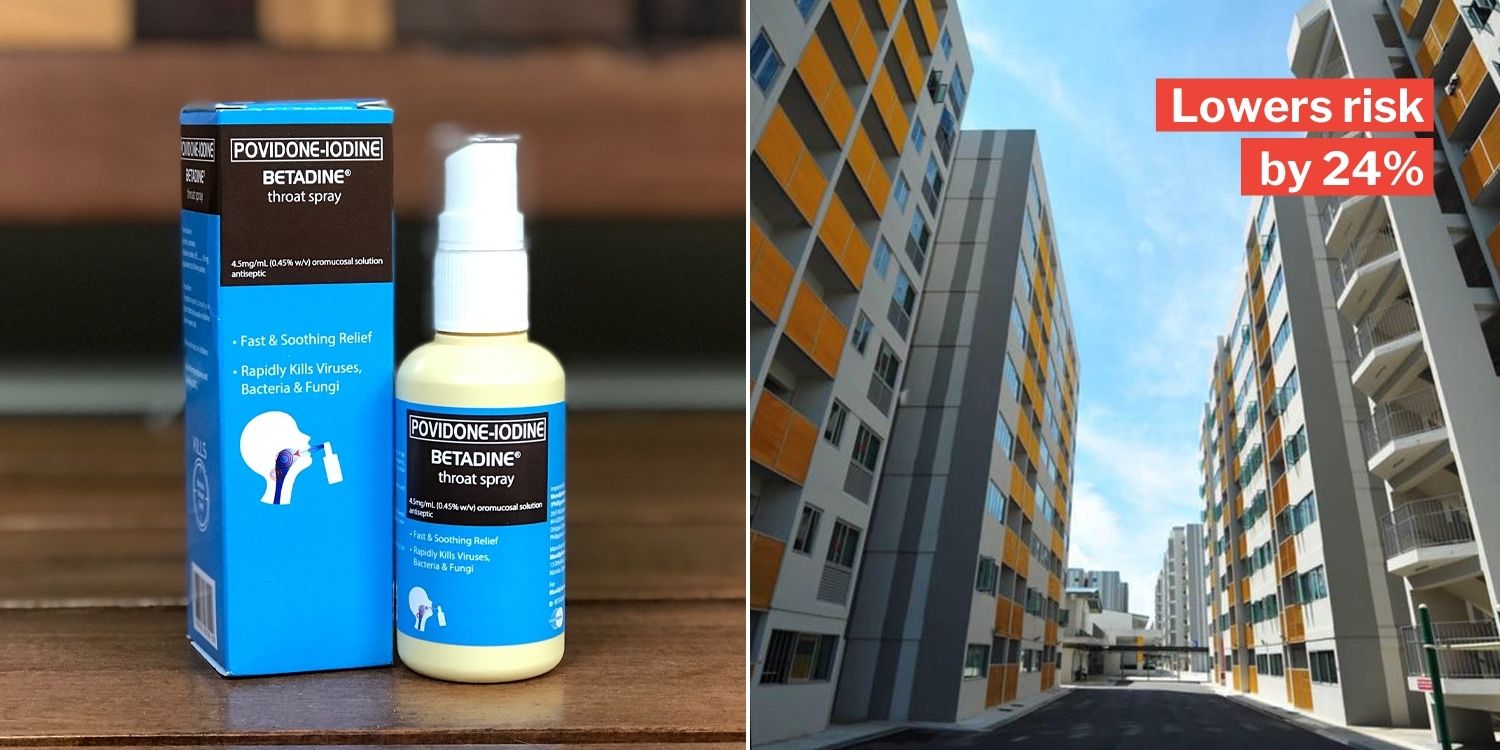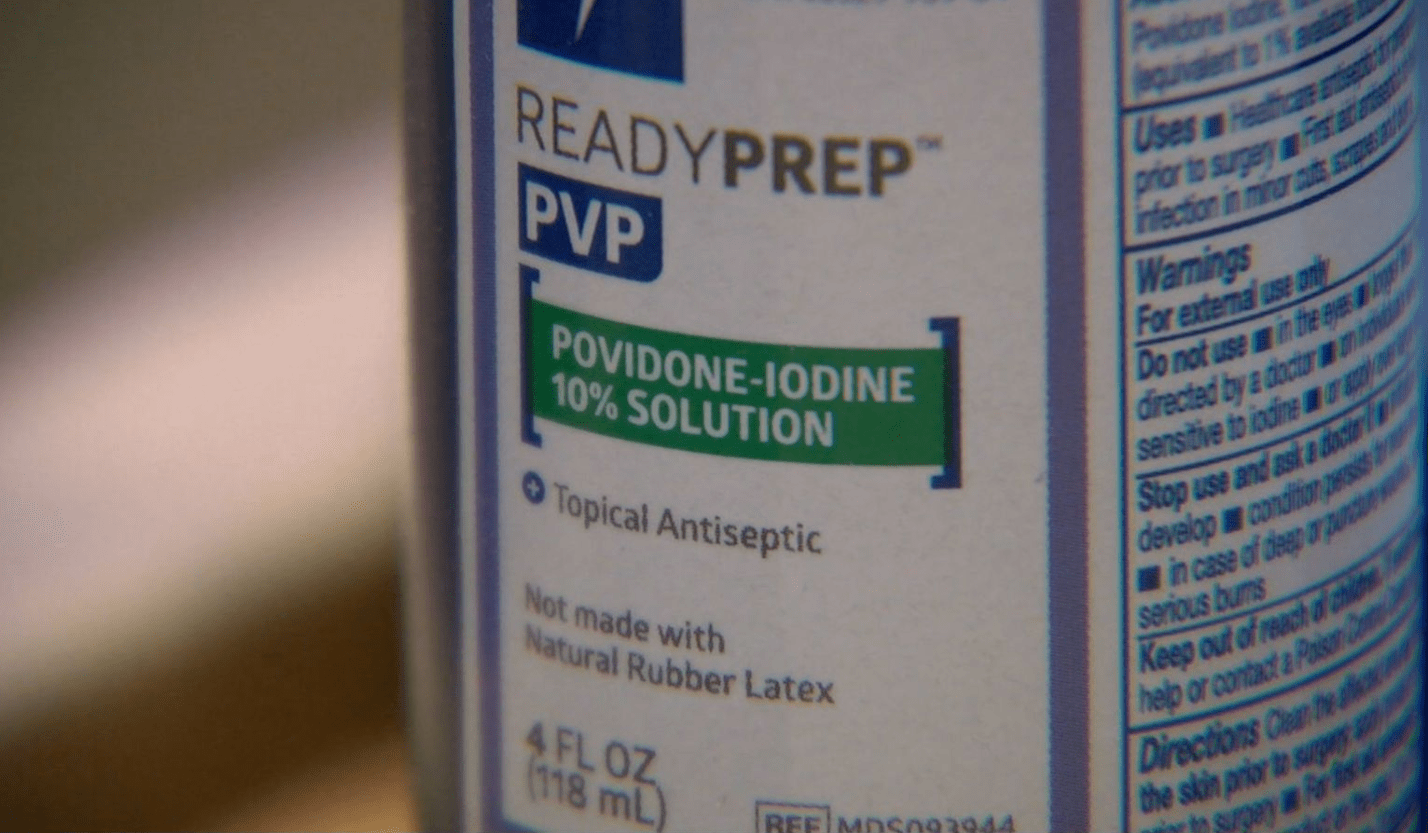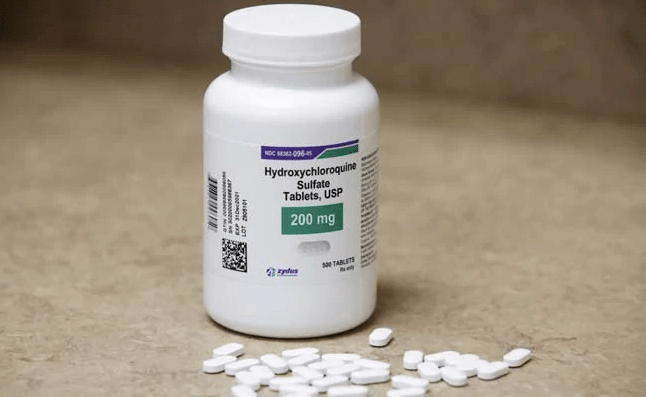Antiseptic Throat Sprays Reduce Risk Of Covid-19 Spread By 24%
When the pandemic arrived on our shores, dormitories where migrant workers live in crammed conditions became high-risk places for the spread of Covid-19.
Last May, a clinical trial was conducted at Tuas South dormitory to see if antiseptic throat sprays and anti malaria drug hydroxychloroquine can help reduce the spread in such high-transmission settings.
On Sunday (25 Apr), the team of researchers announced that such antiseptic throat sprays and oral tablets do indeed help to lower the spread of Covid-19.
We summarise the findings of their latest breakthrough below.
Throat sprays & hydroxychloroquine reduce risk of Covid-19 spread
The study was carried out by a team of National University Health System (NUHS) researchers and led by Associate Professor Dr Raymond Seet.
Other members in the team included Professor Paul Tambyah, Associate Professor Alex Cook, Dr Amy Quek, and Associate Professor Mikael Hartman.
They found that taking povidone-iodine throat spray 3 times a day, or oral hydroxychloroquine tablets once a day, reduced the likelihood of Covid-19 spread by around 20%.
According to Channel NewsAsia (CNA), this is the first study that showed the benefits of these pharmaceutical products in the context of quarantined individuals living in high-exposure settings.
Both these drugs can be easily acquired.
The throat spray can be bought at pharmacies but hydroxychloroquine tablets would require a doctor’s prescription.
42-day trial conducted at Tuas dorm
The report, published in the International Journal of Infectious Diseases, stated that the clinical trial included 3,037 healthy men between 21 and 60 years old at Tuas South Dormitory.
All participants did not have respiratory diseases or any Covid-19 symptoms. Those who previously tested positive for Covid-19 were also not included.
Each participant was then given a 42-day supply of the throat spray or oral hydroxychoroquine tablets. Other drugs like Vitamin C and zinc, and ivermectin were also tested.
One group of participants was also given Vitamin C as a control.
The trial was conducted when Covid-19 clusters were rampant in dormitories, reported The Straits Times (ST).
Throat spray reduces risk by 24%
After 42 days, more than half the participants had contracted Covid-19.
However, among these:
- 46% of participants who used the throat spray were infected
- 49% of those who had taken the hydroxychoroquine tablets tested positive
- 70% of workers who took Vitamin C were infected
Thus, the researchers concluded that the throat spray reduced infection risk by about 24%.
Similarly, the oral hydroxychloroquine reduced the risk by about 21%.
According to CNA, these results are significant as such intervention methods are simple, effective and have minimal side effects.
Besides dormitories, they can be very useful in other high-risk settings like cruise ships, prisons, and nursing homes.
Useful during outbreaks in high-risk settings
The researchers emphasised that these drugs are not recommended for the general community in lower-risk settings.
But in high-risk settings, it is something that should be considered, should there be another outbreak.
Have news you must share? Get in touch with us via email at hello@mustsharenews.com.
Featured image adapted from Lazada and Facebook.











